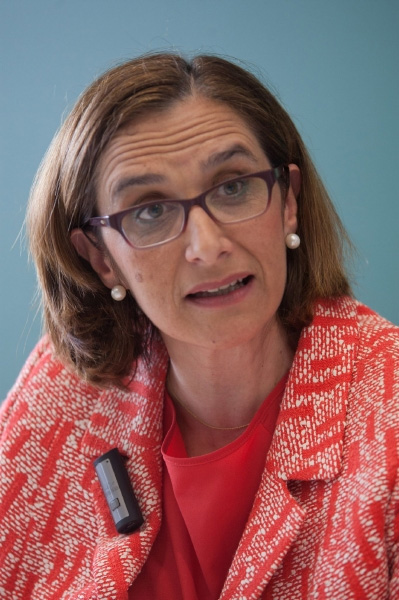seminar on the secularity of the State and the presence of religion in public life
Professor María Roca explained the meaning of the term "secularism" and how it should be applied in public life.

PHOTO: Manuel Castells
The Anthropology and Ethics Institute (IAE) and the project "Frontiers and Culture" of the Institute for Culture and Society (ICS), held last April 16 a seminar graduate "Secularity of the State and the presence of religion in public life". position It was given by María Roca Fernández, professor of the School of Law of the Complutense University of Madrid.
During her speech, Professor Roca explained the meaning attributed to the term 'laicism' in current language, where it is used to designate the non-believer. "However, its original meaning is different," she pointed out. "Laicism is an indeterminate legal concept that contains a positive core of certainty and a negative sphere of certainty. Thus, in its positive core, laicism includes the positive attitude of the State towards collective religious manifestations and the pluralism of existing beliefs. In its negative sphere, laicism consists in avoiding confusion between religious functions and state functions," he explained.
In the face of the doubt and uncertainty that is generated when it comes to specifying laicism, Maria Roca affirmed that it is necessary to "respect the autonomy of the temporal, knowing that this does not mean that laicism implies an axiological vacuum. The State lives on common ethical presuppositions that it cannot change. By the same token, secularity does not mean eliminating any transcendent element from the public sphere, nor does it mean imposing values in public life without dialogue.
